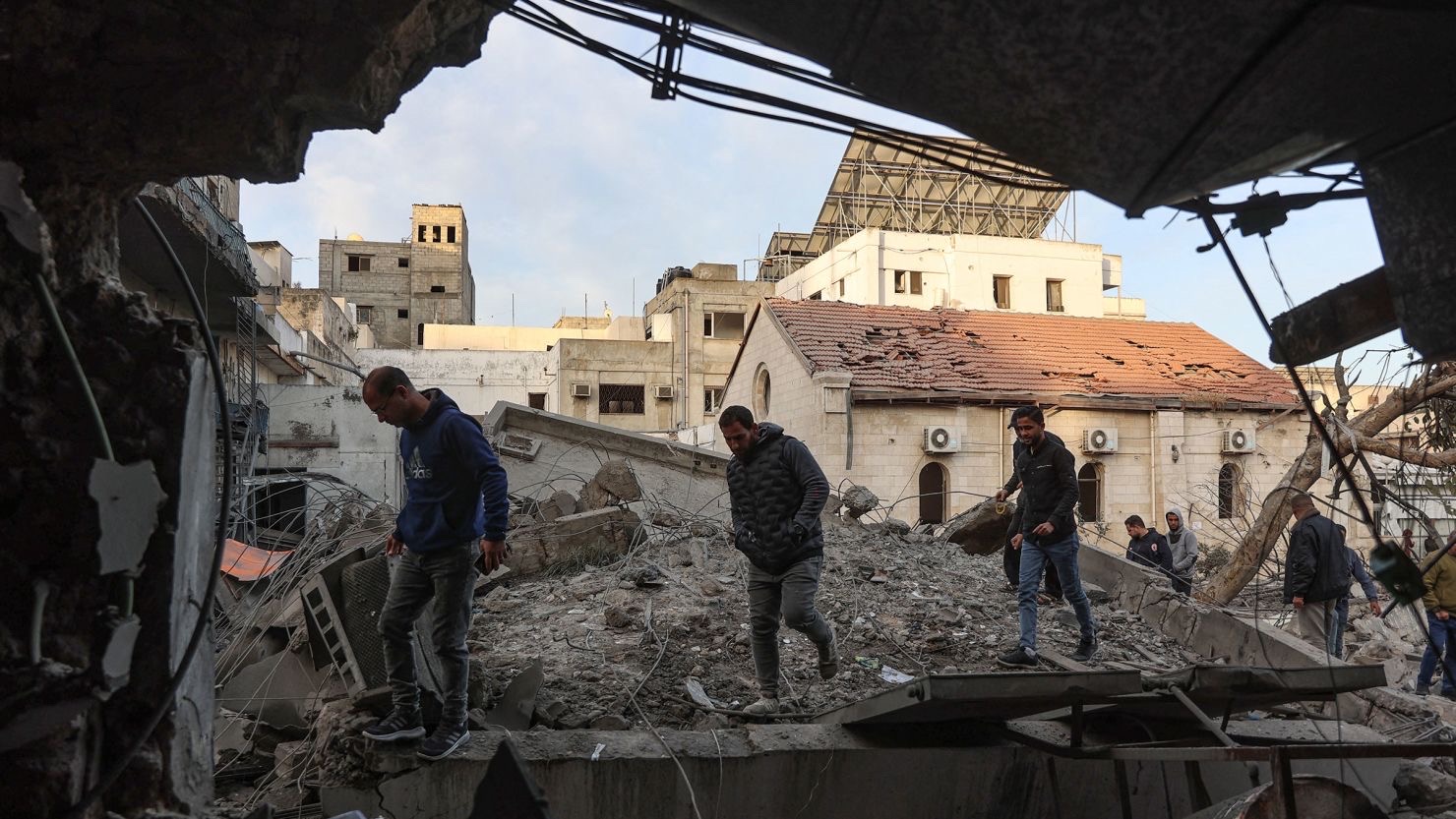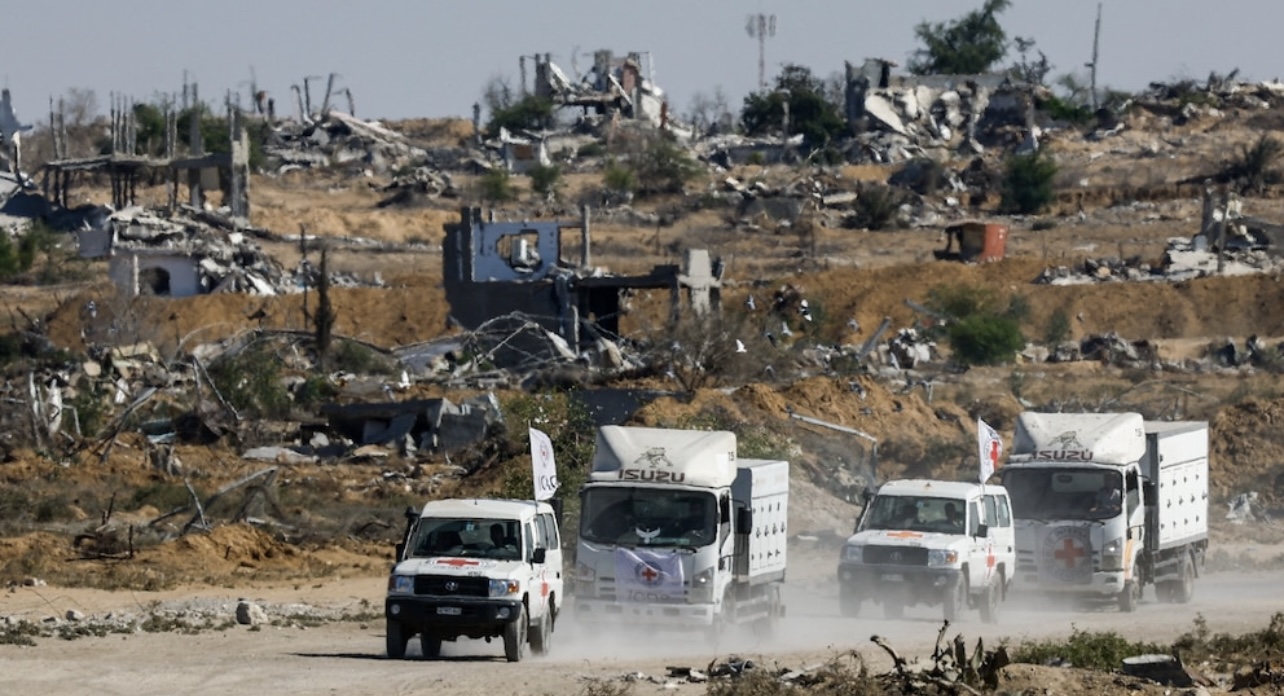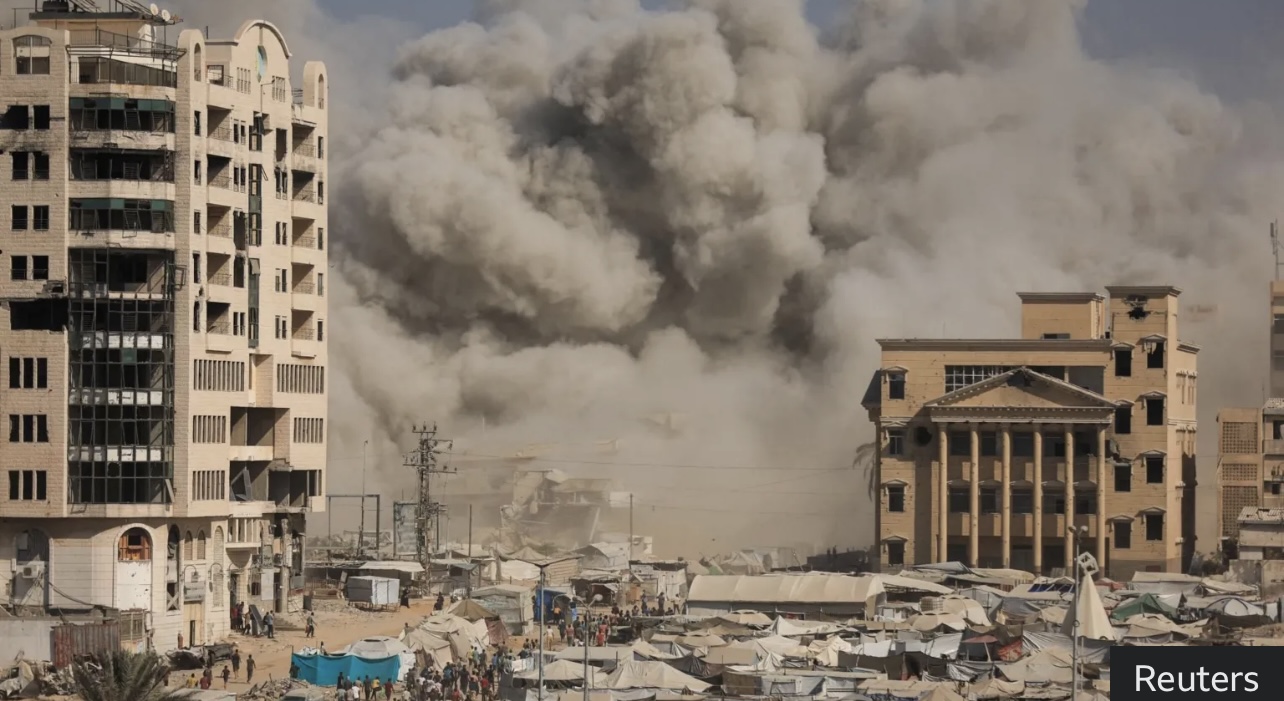In the evening of October 28, 2025, the government of Benjamin Netanyahu ordered the Israel Defence Forces to carry out “immediate, powerful strikes” across the Gaza Strip, declaring that a cease-fire brokered earlier this month had been breached by Hamas.
Israeli authorities alleged that Hamas militants fired on Israeli troops in the Rafah area under Israeli control, and separately that the return of a hostage’s remains was improperly mishandled — claims which Israel says represent violations of the cease-fire.
In response, air and artillery strikes targeted multiple locations across Gaza, including Gaza City, Khan Younis and the Bureij refugee camp, with witnesses reporting explosions, tank fire and drone activity. According to Gaza health officials and civil defence sources the death toll from these strikes is at least 26, with many wounded, including women and children.
Hamas denied responsibility for the initial incident involving Israeli troops, reaffirmed its commitment to the cease-fire and accused Israel of using the episode as a pretext for escalation. The militant group announced that it would postpone a planned handover of a hostage body in reaction to the strikes.

Meanwhile, international actors reacted strongly. Turkey condemned the Israeli strikes as a “flagrant violation” of the cease-fire. In Washington, JD Vance, the U.S. Vice-President, said the cease-fire was still holding ― “despite skirmishes” but warned the situation remained fragile.
The cease-fire, which came into effect on October 10, was meant to pause major combat and facilitate hostage-returns and humanitarian access. Tuesday night’s escalation now raises serious questions about its durability. Analysts warn that the tit-for-tat could unravel the truce altogether and plunge the conflict back into full-scale military hostilities.
Going forward, much will depend on whether Hamas or Israel undertake further retaliatory actions, whether mediators such as Egypt or the U.S. intervene to de-escalate, and whether civilian humanitarian risks continue to mount amid renewed strikes.



